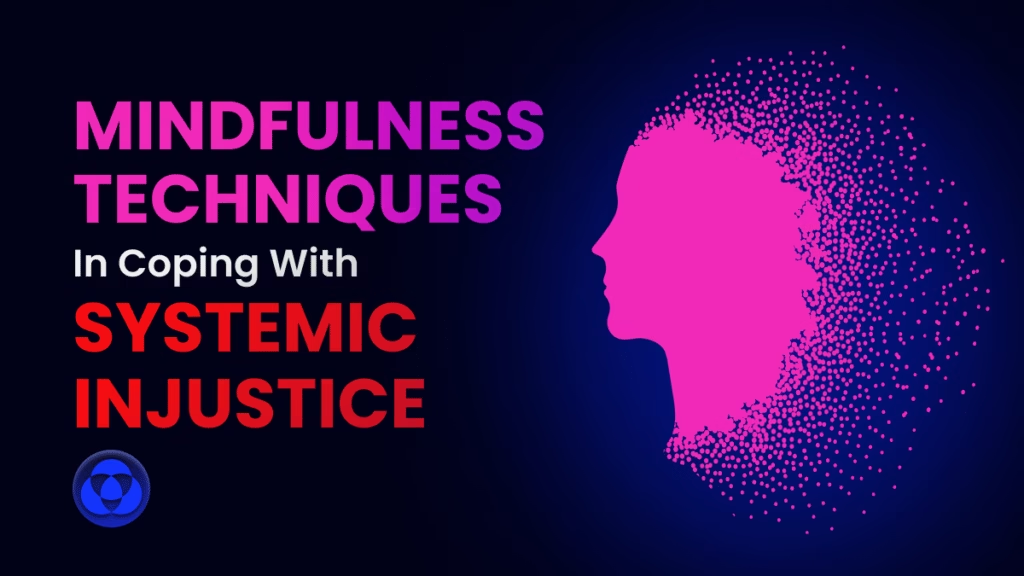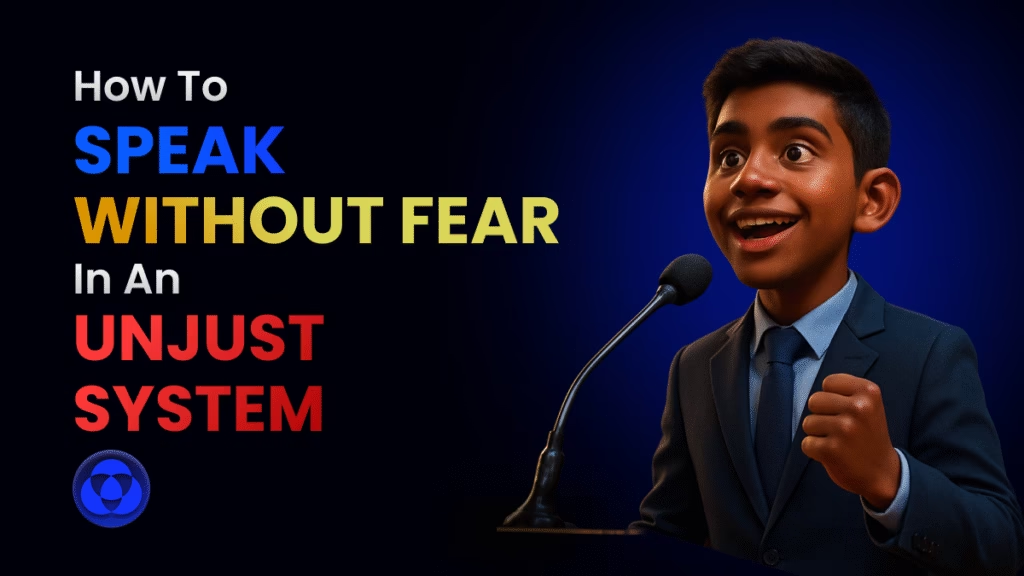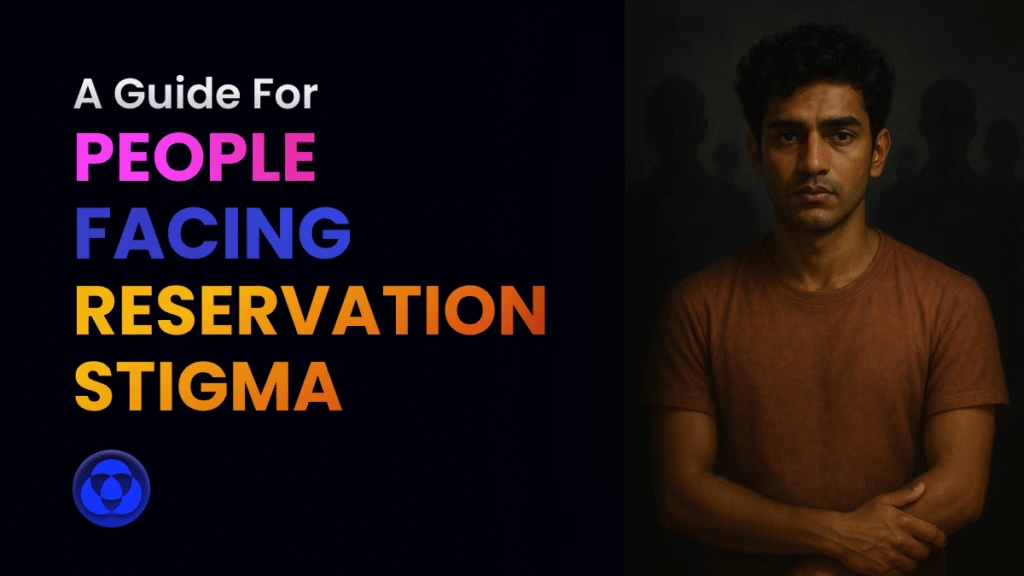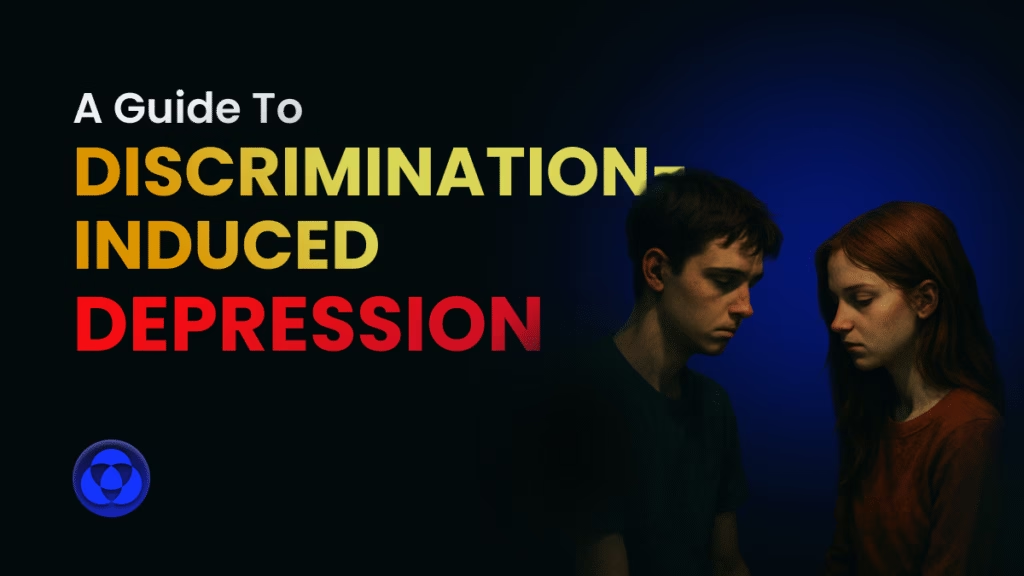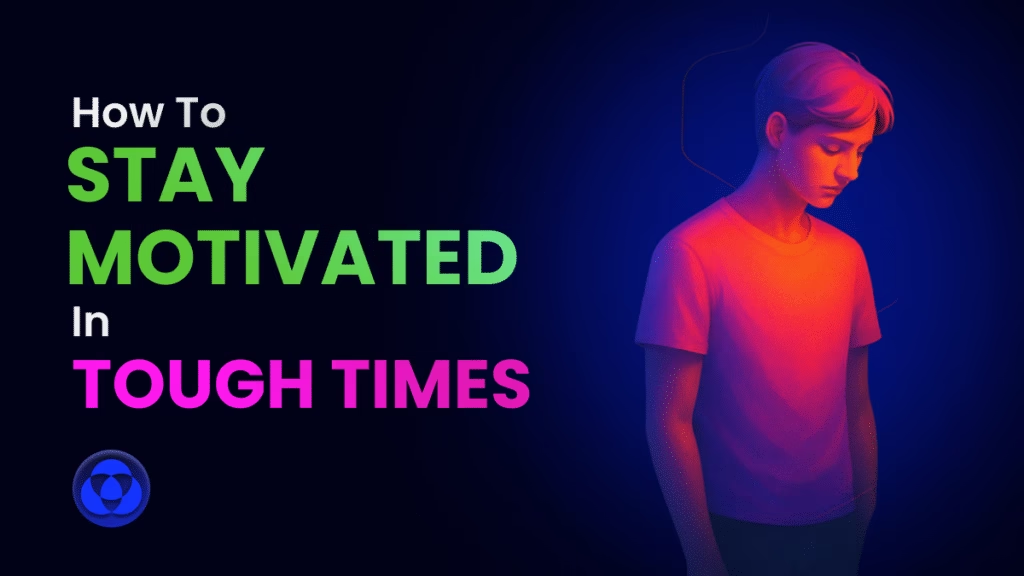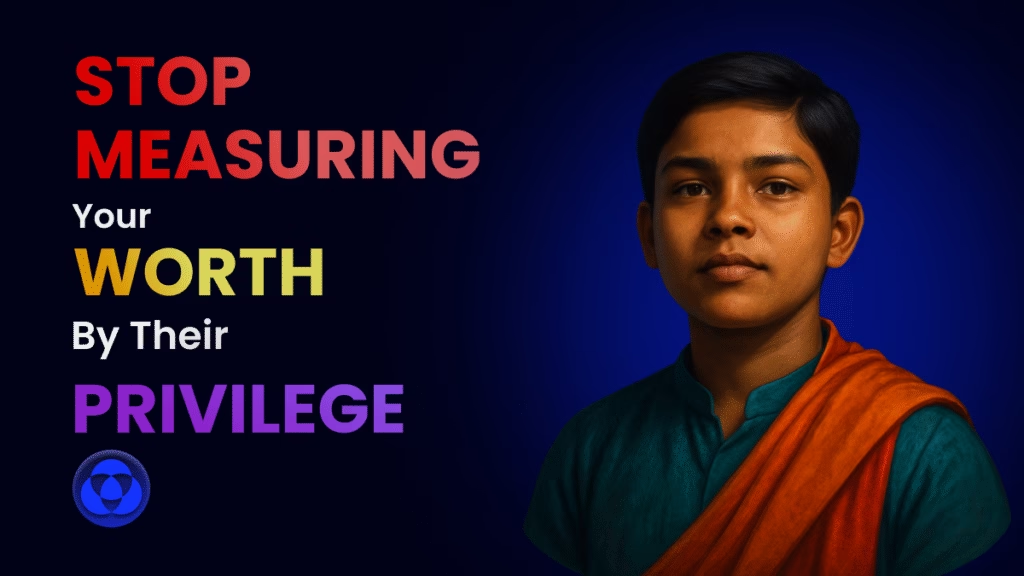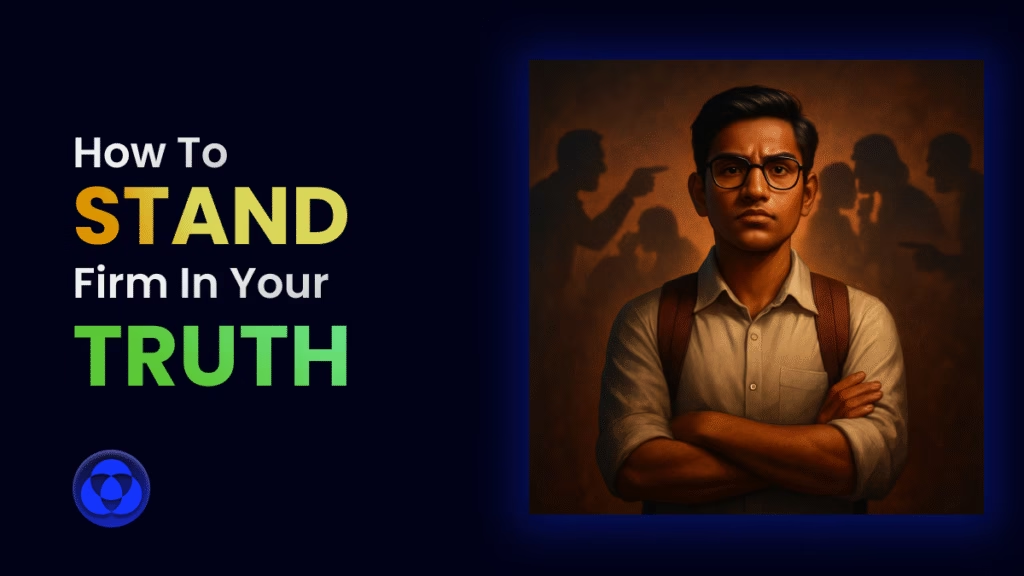Have you ever felt exhausted from constantly fighting for your rights, dealing with discrimination, or navigating an unfair system? For many Bahujans and other marginalized communities, the daily experience of systemic injustice creates a heavy burden on mental health. The constant stress of facing caste-based discrimination, economic struggles, and social exclusion can lead to anxiety, anger, and burnout that affects every aspect of life.
This ongoing battle against injustice takes a significant toll on our emotional wellbeing. But what if there were tools that could help us manage these difficult emotions while still allowing us to stand strong in our fight for equality? This is where mindfulness comes in, not as a way to accept or ignore oppression, but as a powerful resource for maintaining our mental health while navigating an unfair world
In this article, we’ll explore how systemic injustice impacts mental health, how mindfulness can serve as an effective coping mechanism, and practical techniques that anyone can use to find moments of peace amid ongoing struggles. We’ll also hear from individuals who have used mindfulness to stay resilient while facing discrimination and fighting for change.
The Mental Health Impact of Systemic Injustice
Systemic injustice doesn’t just affect our external circumstances; it seeps into our minds and hearts, creating lasting psychological impacts that can be difficult to recognize and address.
The Weight of Constant Discrimination
For Bahujans, the experience of discrimination often begins early in life. As one person shared, “Where I grew up, most people didn’t know my caste, so I was insulated from reality. That changed when in the sixth grade, someone in class asked me about my caste. It affects your mental health when you find out that you’re different.”
This moment of realization, of being seen as ‘different,’ can create a profound shift in how we see ourselves and our place in the world. Many Bahujans develop a self-consciousness about their identity, constantly wondering if they should hide or reveal their caste background depending on the situation.

The Emotional Cost of Code-Switching and Hiding Identity
In dominant-caste spaces such as schools, colleges, and offices, many Bahujans feel pressured to hide parts of their identity just to be accepted. This constant code-switching creates a quiet but heavy emotional burden.
- Language and behavior are modified to sound “neutral” or “upper-caste,” especially in formal or elite settings.
- Cultural expressions like food, festivals, or dialects are downplayed or avoided to escape judgment.
- Caste identity is hidden or denied out of fear of discrimination or being treated differently.
- The result is emotional exhaustion — a constant anxiety about being “found out,” along with shame, self-doubt, and disconnection.
This performance of “fitting in” may seem like a small survival tactic but over time it chips away at one’s sense of authenticity and self-worth. It is a psychological cost that dominant-caste people rarely face but many Bahujans silently carry every day. This constant pressure to either hide or prove one’s identity creates chronic stress. It’s like carrying an invisible weight that others don’t see or understand. Over time, this stress can manifest as:
- Persistent anxiety about how others perceive you
- Difficulty trusting others, even in seemingly safe environments
- Constant vigilance and hyperawareness in social situations
- Self-doubt about your abilities and worth
- Emotional exhaustion from navigating different identities

Isolation, Loneliness, and Lack of Representation
Many Bahujans find themselves as the only person from their community in academic or professional spaces. This experience can lead to deep feelings of isolation and loneliness. When you are surrounded by people who do not share your background or understand your struggles, it becomes harder to feel truly seen or supported.
Caste-blind mental health systems often overlook these unique challenges. They fail to recognize how systemic caste discrimination contributes to stress and emotional pain. Without representation or culturally aware support, many Bahujans struggle silently, unsure where to turn for help. This lack of visibility not only affects individual wellbeing but also reinforces a sense of exclusion from spaces that should belong to everyone.
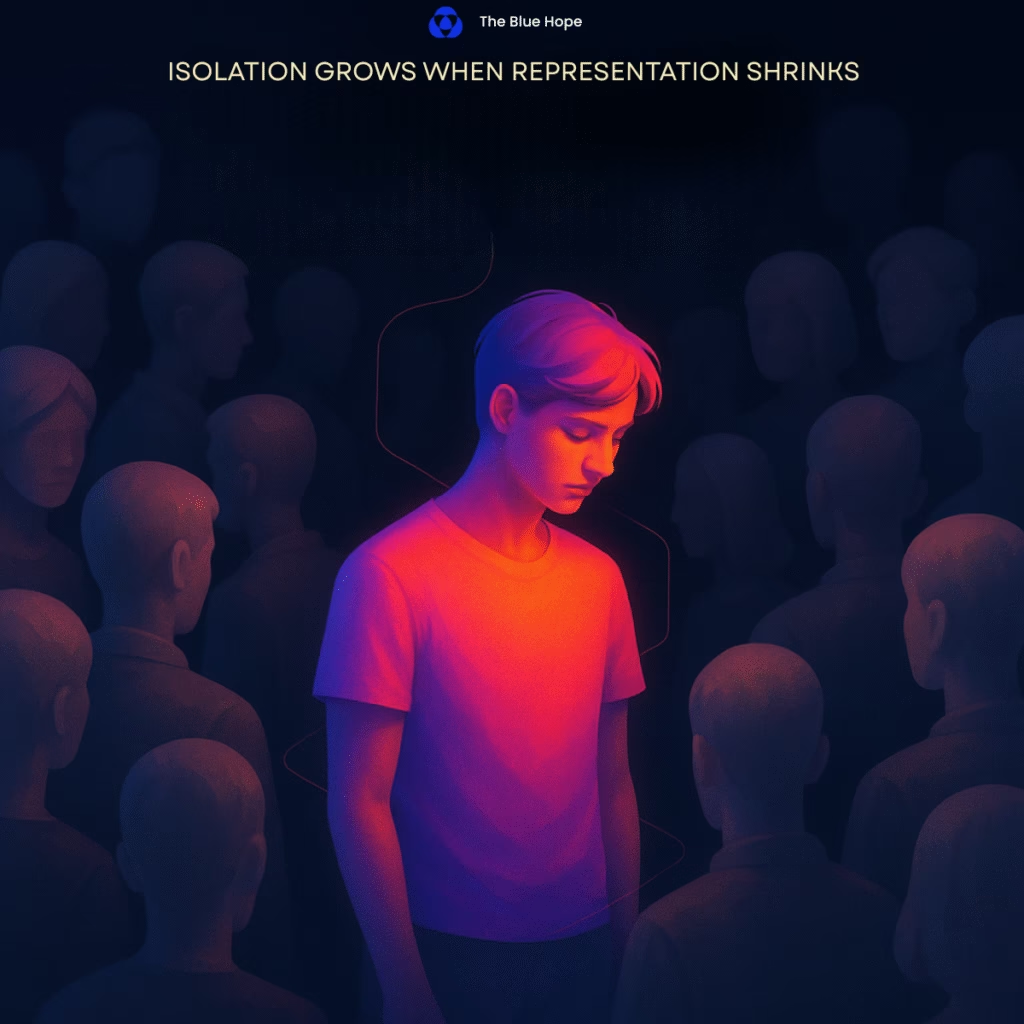
The Lack of Culturally Sensitive Support
When Bahujans seek mental health support, they often encounter another layer of systemic injustice. As one person described their therapy experience: “It went relatively well until the time I mentioned the ways in which the casteist remarks from my upper-caste peers had affected my mental health. She informed me that I was generalizing an entire community of upper-caste people and it could be another sign of my paranoia.”
This dismissal of lived experiences by mental health professionals who don’t understand caste dynamics can cause further harm. The mental healthcare field in India remains dominated by upper-caste practitioners who may lack awareness about how caste affects psychological wellbeing.
Healing from the mental health impacts of caste discrimination requires more than individual effort. Collective care and safe spaces where Bahujans can share their experiences without judgment are essential. These spaces foster understanding, solidarity, and strength.
Mindfulness as a Tool for Coping and Resistance
Mindfulness offers a way to navigate these challenges without becoming overwhelmed by them. But what exactly is mindfulness, and how can it help in the face of systemic oppression?
Understanding Mindfulness in the Context of Social Justice
Mindfulness is the practice of bringing full awareness to the present moment without judgment. It involves observing our thoughts, feelings, and sensations with curiosity rather than automatically reacting to them. This simple but powerful practice can help us:
- Recognize when we’re being affected by discrimination
- Create space between triggering events and our responses
- Process difficult emotions without being consumed by them
- Make clearer decisions about when and how to respond to injustice
- Preserve our energy for meaningful action rather than burning out
It’s important to understand that mindfulness doesn’t mean accepting unfair treatment or staying quiet. Instead, it gives us the calm and focus we need to respond to oppression with strength and clear purpose rather than reacting out of anger or confusion.
Breaking Free from Habitual Reactions
One of the most powerful aspects of mindfulness is its ability to help us break free from automatic patterns of thinking and reacting. Research shows that “mindfulness helps people overcome different forms of automatic processing, such as implicit bias and correspondence bias” by “breaking automatic tunnel reasoning.”
For Bahujans navigating systemic oppression, these automatic reactions might include:
- Internalizing negative messages about our worth
- Doubting ourselves when facing discrimination
- Feeling responsible for others’ prejudiced behavior
- Suppressing anger even when it’s justified
- Overworking to “prove” our value
Mindfulness creates a pause between stimulus and response, allowing us to choose how we want to react rather than falling into habitual patterns that may not serve our wellbeing.
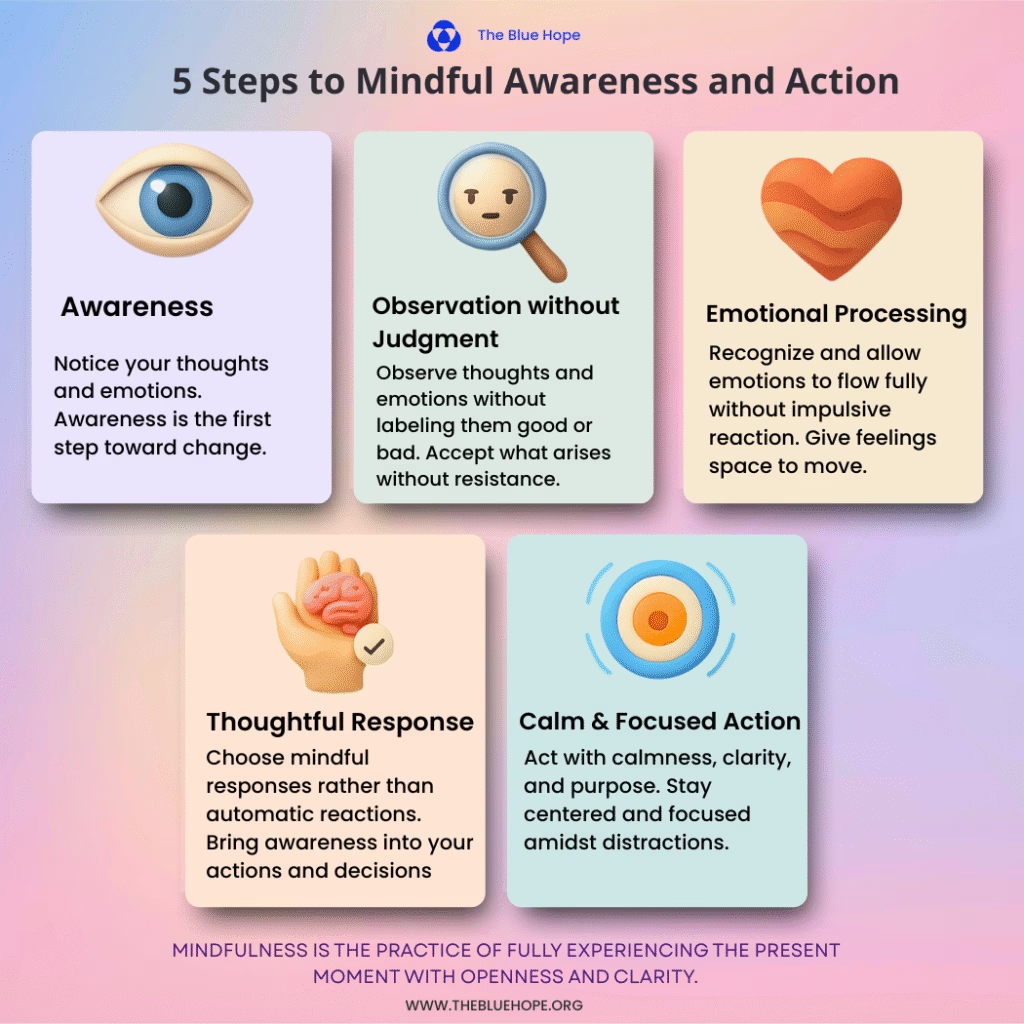
If you want to get a clear and simple introduction to mindfulness, I recommend watching this TEDx Talk:
Self-Transformation Through Mindfulness | Dr. David Vago
Practical Mindfulness Techniques for Coping with Injustice
Now that we understand how mindfulness can help, let’s explore specific practices that can be incorporated into daily life, even during busy or stressful times.
1. The Body Scan Practice
The Body Scan is a foundational mindfulness practice that helps ground us in our physical experience when emotions feel overwhelming.
How to practice:
- Lie down or sit comfortably
- Bring awareness to your breath without trying to change it
- Gradually move your attention through your body, noticing sensations
- Observe areas that feel tense, comfortable, or even numb
- Simply notice these sensations without judgment
This foundational mindfulness technique that helps you ground yourself in your physical experience, especially when emotions feel overwhelming due to injustice. By slowly bringing attention to different parts of your body and noticing sensations like tension or numbness without judgment, you allow yourself to release built-up physical stress. This practice reconnects you with the present moment and calms your nervous system, making it easier to manage intense feelings.
2. The Five Senses Exercise
When discrimination or microaggressions trigger strong emotions, the Five Senses Exercise can quickly bring you back to the present moment:
- Notice five things you can see
- Notice four things you can feel
- Notice three things you can hear
- Notice two things you can smell
- Notice one thing you can taste
This simple practice can be done anywhere, such as in a meeting where someone has made a casteist remark, before entering a space where you’ve experienced discrimination before, or whenever you feel overwhelmed by the constant battle against injustice.
This exercise helps bring your attention back to the present, easing strong emotions and clearing your mind. With practice, it makes facing tough moments a little easier and helps you stay calm.
3. The 3-Minute Breathing Space
In busy schedules or emotionally heavy moments, this three-minute practice offers a quick way to center yourself:
- First minute: Ask yourself, “How am I doing right now?” and gently notice your thoughts, feelings, and any physical sensations.
- Second minute: Bring your full attention to your breath. Focus on its rhythm, depth, and movement.
- Third minute: Expand your awareness to your entire body. Notice how the breath flows through different areas and observe any shifts in how you feel.
This practice is especially helpful during the workday or just before important conversations about justice or advocacy. Taking three minutes to check in, breathe, and reset creates a pause between your emotions and your actions. It helps you move from reacting out of stress or anger to responding with clarity, confidence, and calm, even in difficult situations shaped by injustice.
4. Mindful Walking
Walking mindfully can turn a simple daily activity into a grounding practice of presence:
- Pay attention to each step as you walk, moving with intention rather than rush.
- Notice the sensation of your feet touching the ground, the weight shifting from heel to toe.
- Feel the movement of your body, including your legs, arms, and posture.
- Observe your surroundings with full attention—light, color, sound, and space.
- Gently return your focus to walking each time your mind drifts to worries about discrimination or injustice.
This practice can be especially helpful when your thoughts feel stuck or heavy after unfair treatment or when reflecting on systemic barriers. By anchoring your awareness in movement and sensation, mindful walking helps release mental tension and bring a sense of calm. It offers a peaceful way to reconnect with your body and the present moment, so you can feel more steady and less overwhelmed by difficult emotions.
5. Self-Compassion Practice
Systemic injustice often leaves deep emotional wounds and can lead to internalized negative beliefs. This practice helps you meet that pain with care and understanding:
- Place your hand on your heart or another spot that feels comforting.
- Acknowledge your pain by saying, “This is a moment of suffering.”
- Remind yourself you are not alone with words like, “Many others like me face similar struggles.”
- Offer kindness inwardly, for example, “May I be kind to myself in this moment.”
This simple yet powerful practice is especially helpful when you feel overwhelmed, rejected, or judged because of who you are. By recognizing your pain without shame and responding with compassion, you begin to heal the emotional impact of injustice. It helps build inner strength and self-worth, reminding you that you deserve care, dignity, and softness especially in a world that often denies it.
6. Mindful Journaling
Writing with awareness can turn your thoughts and emotions into a healing practice of reflection:
- Set aside a quiet moment to write freely about your experiences with injustice.
- Let your thoughts flow without filtering or judging what comes up.
- Be honest and specific about how situations made you feel angry, hurt, confused, or unseen.
- After writing, read your words slowly with curiosity rather than criticism.
- Respond to yourself with compassion, as you would to a close friend sharing the same story.
This practice helps you process painful emotions and bring clarity to complex experiences. By putting your truth into words and holding it with kindness, you begin to release emotional weight and recognize that your voice matters. Mindful journaling also reminds you that your experiences are valid and that you are not alone in facing injustice. It is a quiet, powerful way to reclaim space for your story.
7. Limit Media Consumption Mindfully
Too much exposure to news about injustice can drain your energy and increase stress. This practice helps you stay informed without feeling overwhelmed:
- Notice how news affects your mood and energy levels.
- Set limits, like checking news only twice a day or avoiding it before bed.
- Choose when to engage, preferably when you feel calm and focused.
- Pause afterward to observe how you feel and take a break if needed.
By setting boundaries and checking in with yourself, you can protect your mental space while staying connected to what matters. This balance supports long-term emotional resilience.
8. Building Mindful Community Connections
Connecting with others through mindfulness can create a powerful sense of belonging and shared strength:
- Join support circles or group mindfulness sessions with people who understand your lived experiences.
- Practice mindful listening, giving others your full presence without interrupting or judging.
- Share your own experiences when you feel safe, knowing your voice matters.
- Hold space for each other with empathy, patience, and compassion.
- Stay connected regularly, even if it’s just checking in or meditating together.
Being in a mindful, supportive community reminds you that healing doesn’t have to be done alone. Sharing presence with others who carry similar struggles can reduce isolation, build trust, and create space for collective resilience. These connections become a source of strength in the face of injustice.
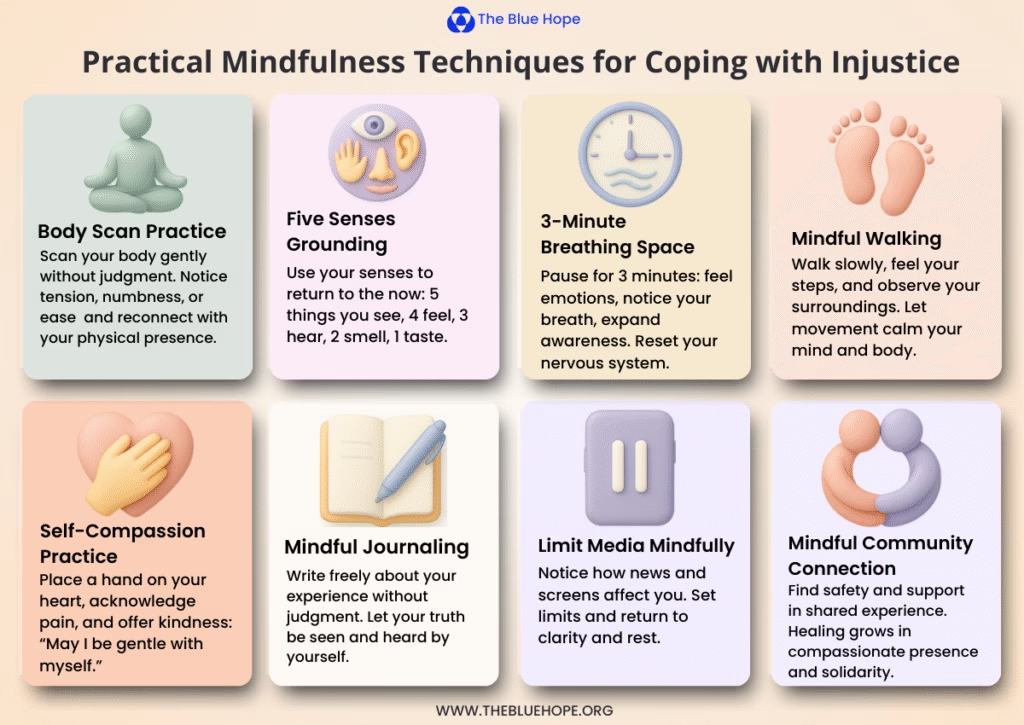
Addressing Common Concerns
Q1: Can mindfulness really help when systemic oppression is real?
Mindfulness doesn’t change the reality of oppression, but it changes how we relate to that reality. Research has found that mindfulness-based therapy is “especially effective for reducing stress, anxiety and depression” common responses to experiencing discrimination. By managing these responses, we preserve our energy for creating actual change.
Q2: How do I practice mindfulness if I’m constantly stressed about survival?
Start small. Even one minute of conscious breathing can make a difference. The 3-Step Mindfulness Exercise mentioned earlier takes just three minutes and can help “step out of auto-pilot” mode. Gradually, these small practices build a foundation for greater awareness and calm.
Q3: Does mindfulness mean ignoring injustice?
Absolutely not. Mindfulness actually helps us see injustice more clearly by cutting through our habitual reactions. As researchers note, mindfulness can help organizations develop ‘awareness of the impact on social justice in society through its organizational practices.’ The same applies to individuals. Mindfulness helps us recognize injustice while choosing effective responses.
Q4: What if my therapist doesn’t understand caste issues?
This is a valid concern, as many mental health professionals lack understanding of caste dynamics. Look for therapists from similar backgrounds when possible, or seek out organizations specifically focused on Bahujan mental health. You can also bring educational resources to your therapist if you feel safe doing so, or practice mindfulness through community groups rather than individual therapy.
Reclaiming Peace While Fighting for Justice
The journey toward justice is a marathon, not a sprint. To sustain our efforts, we must find ways to preserve our mental wellbeing even as we fight against systemic oppression.
Mindfulness offers a path to reclaim inner peace without surrendering the fight for external change. By practicing awareness of our thoughts, emotions, and physical sensations, we can:
- Recognize when discrimination is affecting us before we become overwhelmed
- Choose our responses rather than reacting automatically
- Preserve our energy for meaningful action
- Connect with our inherent worth despite messages that try to diminish it
- Find moments of peace even amid ongoing struggle
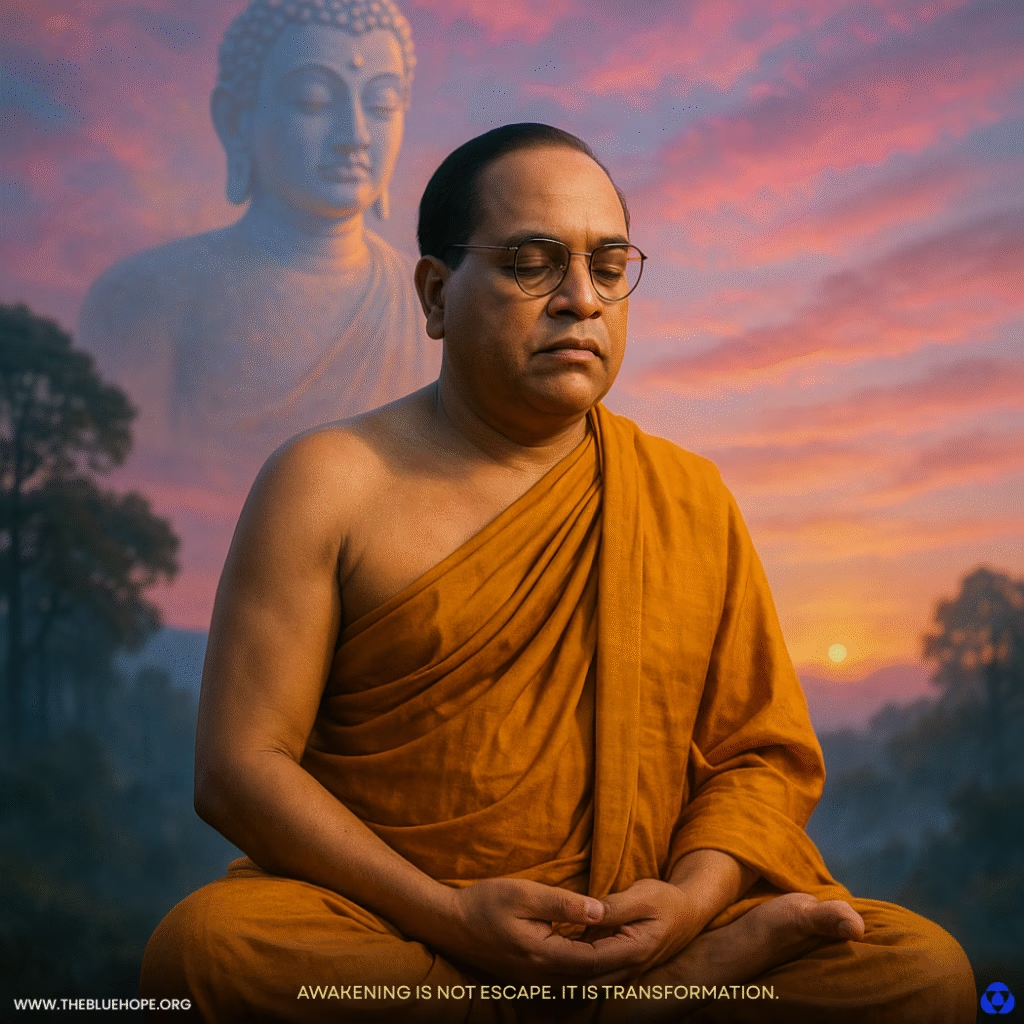
Remember, your wellbeing matters deeply. Taking care of your mental health is not selfish; it is essential for sustaining your strength and resilience. As you face systems that were never built with your success in mind, always hold onto the truth that you deserve both justice in the world around you and peace within yourself.
By incorporating mindfulness into your daily life, you can build resilience that allows you to continue fighting for change without sacrificing your wellbeing in the process. Your struggle matters, your peace matters, and with mindfulness as a tool, you can honor both.

